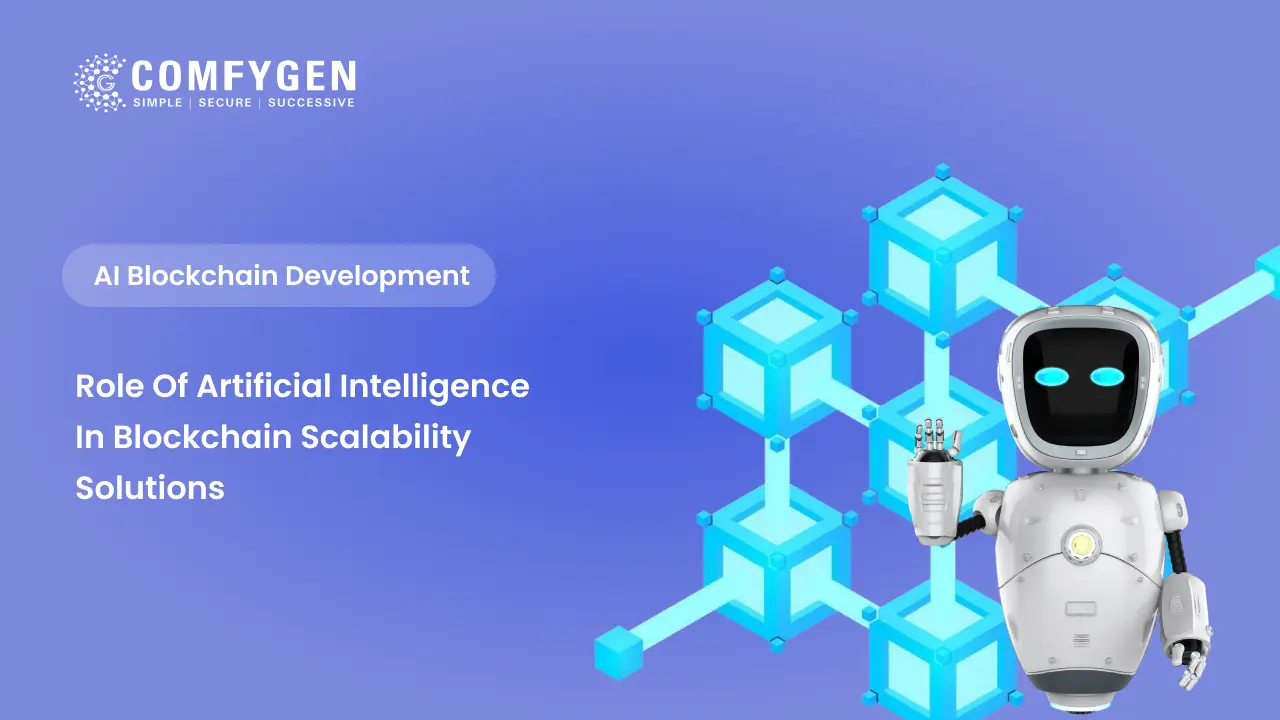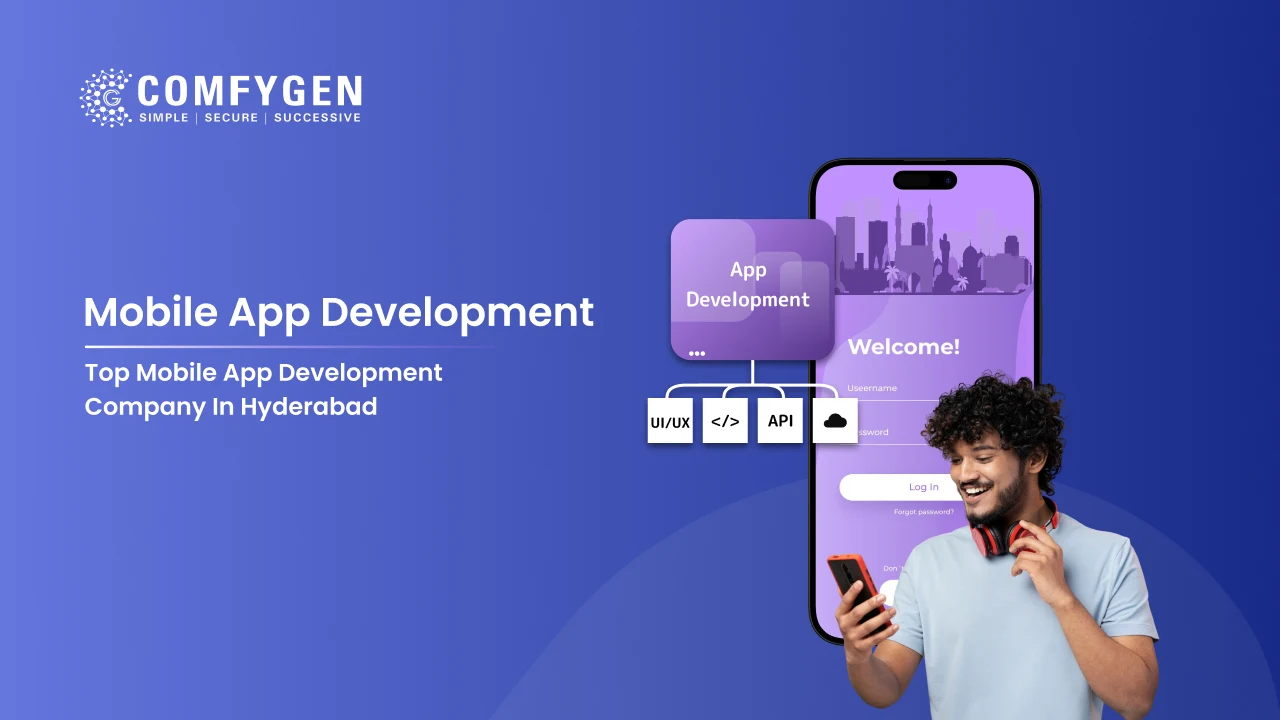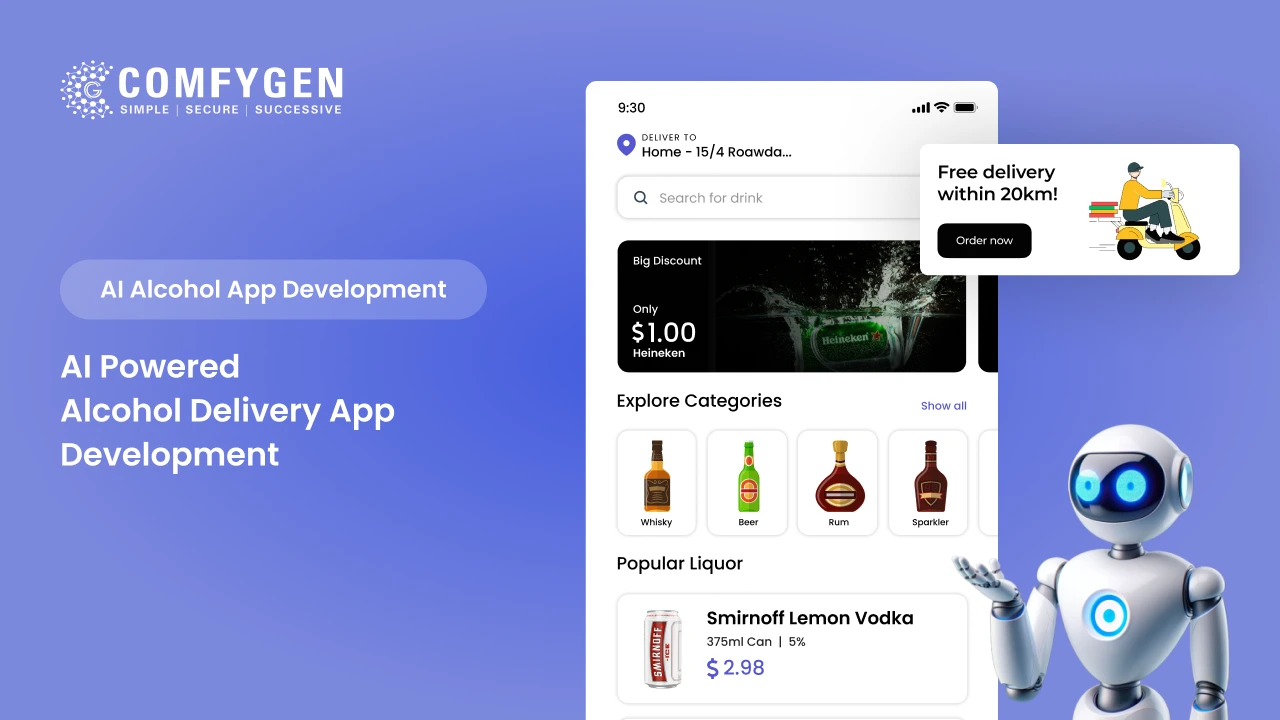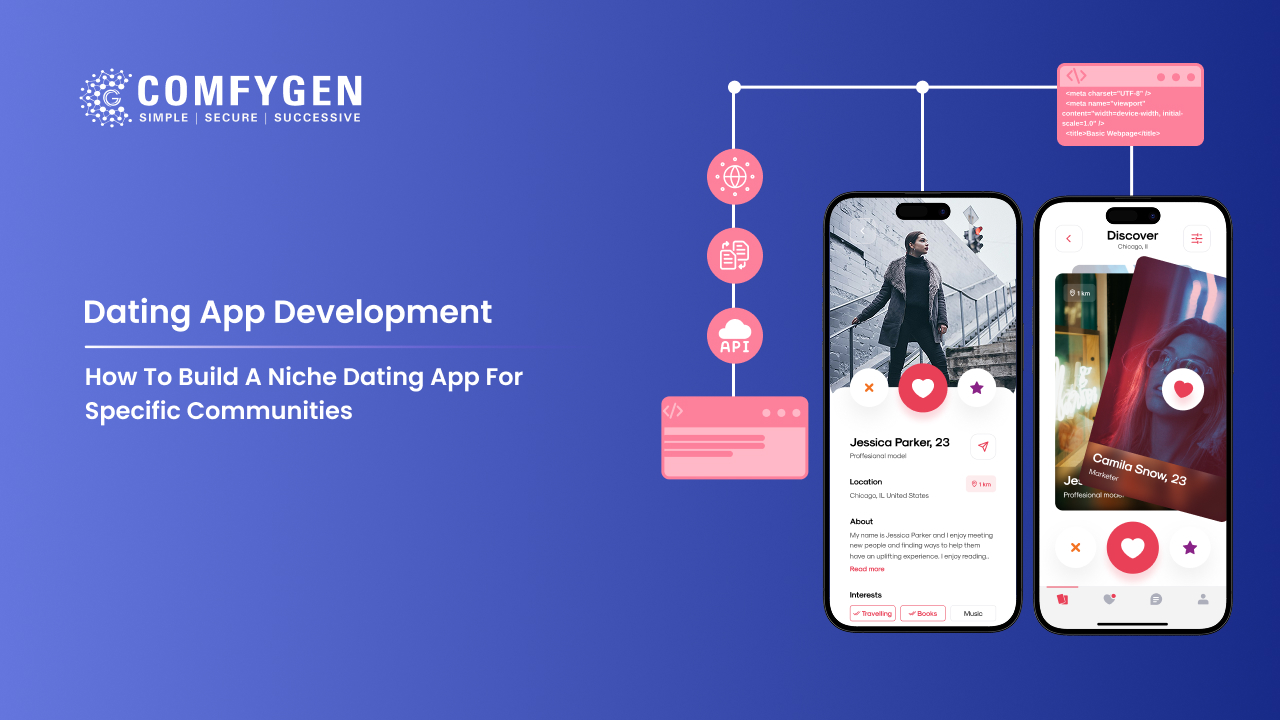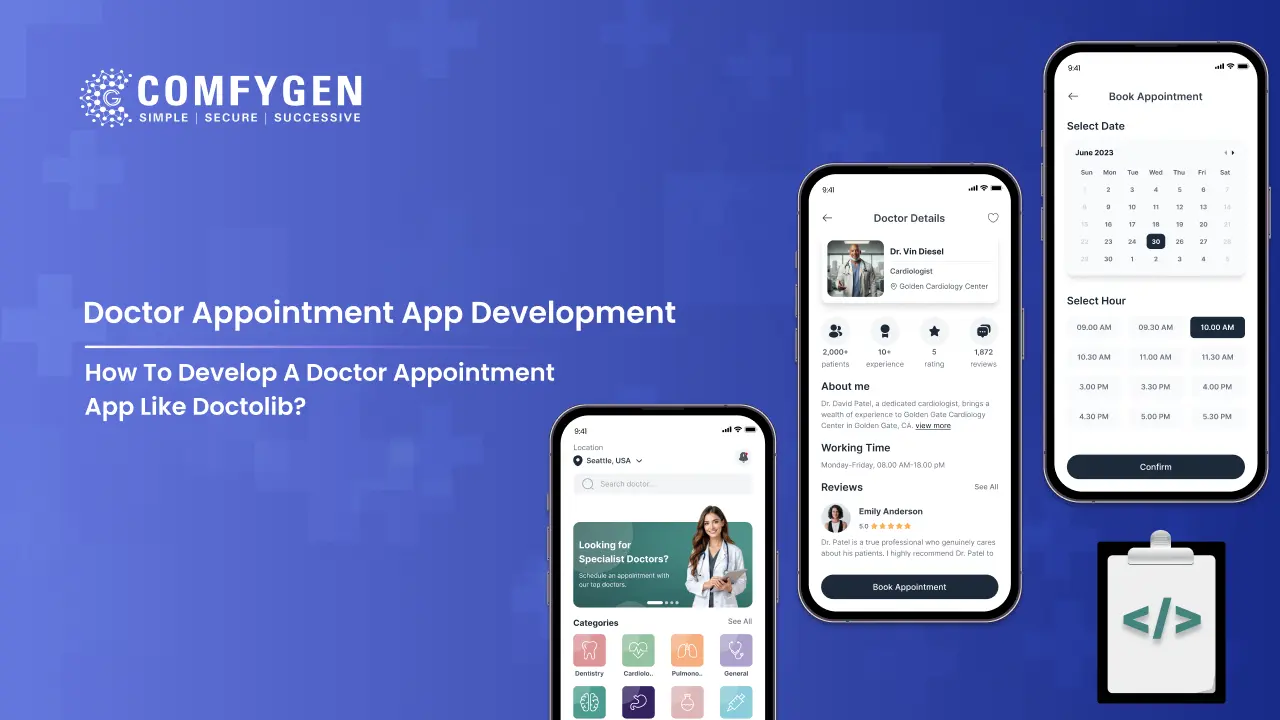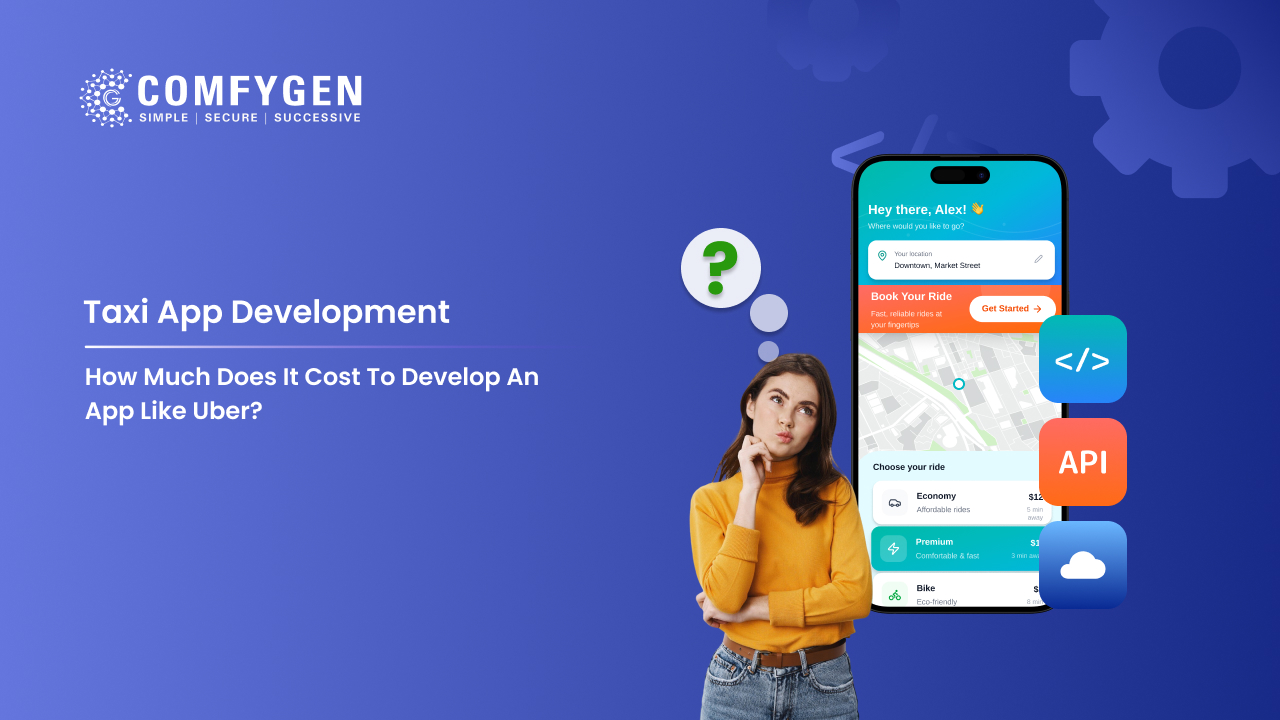Blockchain has become a trusted digital foundation for enterprises due to its security, traceability, and decentralization. However, with the advanced adoption of technology, scalability is becoming a challenging aspect.
Blockchain is struggling to deliver speed in the modern business demand because of increased transaction volumes, network congestion, and high computational costs. Here, we need agility and real-time decision-making competitiveness to manage the big data systems.
Artificial Intelligence in Blockchain is a parallel innovation helping to optimize resource allocation, streamline consensus mechanisms, and scale decentralized systems. AI in Blockchain is building a next-gen friendly infrastructure that’s helping finance institutions to healthcare solutions bring operational efficiency.
This blog will tell you the role of artificial intelligence in blockchain scalability solutions, examining how AI improves, and what mechanisms make it possible.
Note: Artificial Intelligence in Blockchain helps systems to perform smarter, faster, and scalable through predictive analytics, automation, and data optimization. Read to know in detail about how AI is doing that.
What is Blockchain Scalability and Why Does It Hurt Business Growth?
Blockchain is the technology source for businesses to improve their data security, handle increased transactions, and improve transparency. Enterprises trusted blockchain for many robust and secure reasons. However, due to the increasing number of transactions per second (TPS) and network growth, blockchain is lacking in delivering the same efficiency while maintaining consistent performance.
Blockchain Scalability Trilemma has been identified across many organizations, with the modern tech evolution forcing trade-offs between decentralization, security, and performance. Transaction speed is dropping, fees are rising, and user experiences are suffering. It has become a growth inhibitor, such as:
- High latency and limited throughput make real-time business applications (like instant payments or IoT integrations) nearly impossible.
- Rising gas fees inflate operational costs, reducing the feasibility of scaling blockchain-based solutions.
- Poor interoperability between chains fragments ecosystems, making data exchange and integration complex and costly.
The result? Many businesses, despite recognizing blockchain’s potential for trust and transparency, hesitate to deploy it enterprise-wide.
AI Blockchain solutions are redefining the equation. AI helps blockchain networks learn, adapt, and self-optimize effectively. The machine learning models, predictive algorithms, and intelligent optimization are overcoming the scalability trilemma.
It allows the system to predict congestion, balance loads, streamline validation, and make data management more efficient, all of which directly impact an organization’s scalability and cost efficiency.
AI and Blockchain Integration is a Strategic Convergence
The convergence of Artificial Intelligence in Blockchain Development is a strong foundation for a new and robust digital economy. Blockchain ensures security and traceability, while AI ensures adaptability, automation, and analytical dynamics on the table. Combining AI and Blockchain is reshaping how data and value flow across the business ecosystem.
The advent of AI and Blockchain had separate uses – one focused on automation & prediction; on the other hand, the second focused on decentralization and immutability. Due to the enterprises’ pursuit of agility and efficiency, strategically intersecting both modern technologies was a potential approach.
- AI enhances blockchain performance by analyzing real-time network activity and optimizing consensus protocols for faster validation.
- Machine learning models predict congestion patterns and dynamically allocate computational resources to maintain transaction speed.
- Natural language processing (NLP) and predictive analytics make smart contracts “smarter,” enabling autonomous decision-making and reducing human dependency.
- AI-driven data curation improves how information is stored and retrieved across distributed ledgers, increasing efficiency while reducing redundancy.
AI is powering blockchain to think and evolve rather than just record and verify. It shifts the system from being reactive to proactive through learning from behavior, optimizing itself, and making intelligent decisions that preserve both performance and integrity.
How AI Improves Blockchain Scalability: Key Mechanisms
Artificial Intelligence is transforming blockchain development networks from static to adaptive self-optimizing ecosystems, which are capable of managing complex workloads very efficiently. Let’s read the key mechanisms to understand how AI improves Blockchain Scalability:
AI-Enhanced Consensus Mechanisms
The traditional consensus protocols like Proof of Work and Proof of Stake consume massive resources and slow transactions. AI introduced adaptive consensus models, which analyse network and data in real-time to determine the efficient way for validation.
Traditional consensus protocols like Proof of Work or Proof of Stake consume massive resources and slow down transaction throughput. AI revolutionizes this by introducing adaptive consensus models that analyze real-time network activity to determine the most efficient path for validation.
- Machine learning algorithms can dynamically select validators based on trust scores and workload balance.
- Predictive analytics help avoid redundant verifications, reducing latency and energy consumption.
Predictive Load and Resource Management
AI does predictive analysis, helping blockchain to anticipate and prepare for network congestion before it happens. It forecasts transaction spikes, where it immediately allocates bandwidth, process power, and stores the resources proactively.
It results in improving transactional speed and consistency while minimizing downtime. This enables the enterprises to run large-scale decentralized applications across various industries – be it Finance, Healthcare, Logistics, or Supply Chain.
Smart Contract Optimization
Smart Contracts are a significant need for blockchain automation, but at times, they become rigid and resource-intensive. Adoption of AI in Blockchain brings cognitive intelligence into the contract execution. It does:
- AI-driven smart contracts can self-audit, detect inefficiencies, and even optimize code on the fly.
- NLP (Natural Language Processing) enables easier interpretation and validation of legal or business clauses.
This leads to faster, more reliable, and cost-efficient contract processing, removing one of the biggest scalability barriers.
Intelligent Data Layer Optimization
Every transaction adds new data to the blockchain, and managing the data efficiently determines scalability. AI algorithms can:
- Compress and aggregate redundant data, reducing block size.
- Identify non-essential data for off-chain storage while keeping essential data on-chain.
- Optimize data indexing and retrieval, speeding up access for distributed applications.
The result is a blockchain that handles more data without bloating or slowing down.
Cross-Chain Interoperability and Routing
Scalability involves network interoperability. AI can act as a smart router across multiple blockchains, analyzing which chain can handle transactions more efficiently and directing traffic accordingly. This AI-driven interoperability not only boosts scalability but also opens new opportunities for cross-ecosystem collaboration and asset transfer.
Use-Cases for AI-Driven Blockchain Scalability Solutions
The AI-Driven Blockchain Development Solutions solve scalability problems with managing operations, security, and efficiency. Explore how these solutions are transforming many business sectors:
Financial Services for Fast Transactions & Predictive Trust
The finance institutes have to count on every second operation ongoing. Scalability is a non-negotiable; therefore, AI integration manages huge transaction loads and consensus validation. It does:
- AI algorithms can detect and prioritize high-value transactions for faster execution.
- Fraud detection models integrated with blockchain’s immutable records ensure higher transparency.
- Predictive analytics help institutions balance security with speed, achieving high throughput without network congestion.
This results in faster settlements, reduced transaction costs, and stronger customer trust.
Supply Chain & Manufacturing for Real-Time Tracking
There is a vast amount of data flows in the supply chain industry through sensors, shipments, and partners; therefore, data management and data flow have to process seamlessly in real-time. AI Blockchain Solutions enable real-time tracking, verifications, and decision-making to improve the working process. It does:
- AI models identify patterns and predict disruptions or bottlenecks.
- Blockchain ensures data integrity across every node of the network.
- Combined, they create a scalable, transparent supply chain ecosystem that minimizes delays and fraud.
Healthcare for Scalable and Secure Data Sharing
Healthcare services most often struggle with security maintenance while sharing large-scale access. The AI-driven blockchain solutions automate data segmentation, privacy control, and access verification. It does:
- AI determines which data needs to be stored on-chain or off-chain, optimizing performance.
- Predictive analytics accelerates patient record retrieval across networks.
- Blockchain guarantees immutability and compliance with data protection standards like HIPAA.
Energy & Sustainability: Smarter Decentralized Grids
AI-powered blockchain networks are redefining how energy is distributed and consumed, such as:
- Predictive algorithms optimize load balancing across smart grids.
- Blockchain records and validates every energy transaction in real-time.
- Together, they create scalable, intelligent energy systems that reduce waste and improve sustainability.
Enterprise Operations & IT Infrastructure
Beyond industry-specific applications, the integration of AI in blockchain supports internal scalability and cost efficiency for enterprises. From automated audits and self-healing networks to AI-driven resource allocation, organizations can scale securely and intelligently transform blockchain from a static ledger to a living, learning infrastructure.
Key Takeaways
The convergence of artificial intelligence in blockchain is unlocking a new era of scalability, intelligence, and trust for enterprises worldwide. By leveraging AI’s predictive and adaptive capabilities, organizations can overcome blockchain’s long-standing performance barriers and enable faster transactions, optimized resource management, and seamless interoperability.

Mr. Saddam Husen, (CTO)
Mr. Saddam Husen, CTO at Comfygen, is a renowned Blockchain expert and IT consultant with extensive experience in blockchain development, crypto wallets, DeFi, ICOs, and smart contracts. Passionate about digital transformation, he helps businesses harness blockchain technology’s potential, driving innovation and enhancing IT infrastructure for global success.

